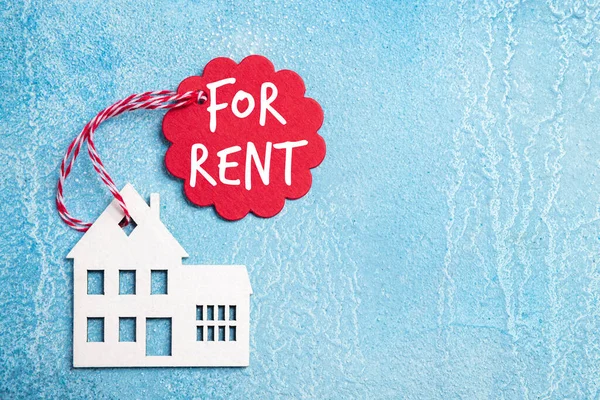
Credit Cards at the Intersection of Finance: Maximizing Opportunities and Minimizing Risks
Credit cards have become an integral part of our financial lives, serving as a powerful tool at the intersection of personal finance. Beyond their convenience for everyday transactions, credit cards offer a wide range of financial benefits and can be leveraged strategically to enhance one’s financial well-being. In this article, we will explore how credit cards can intersect with various aspects of personal finance, from budgeting and saving to investing and building credit.
Budgeting and Expense Tracking
Credit cards can be instrumental in effective budgeting and expense tracking. By using credit cards for purchases, individuals can consolidate their spending records in one place, simplifying the tracking process. Many credit cards also provide detailed monthly statements or online portals that categorize expenses, enabling users to identify their spending patterns. Armed with this information, individuals can make informed decisions to adjust their budget, cut unnecessary expenses, and save more effectively.
Rewards and Cashback Programs
Credit cards often come with rewards programs that provide opportunities for financial gains. Cashback, points, airline miles, and discounts are common rewards offered by credit card issuers. By strategically selecting credit cards aligned with their spending habits and lifestyle, individuals can maximize these rewards. Careful planning and utilization of credit card rewards can lead to significant savings, whether it’s through earning cashback on everyday purchases or redeeming accumulated points for travel or merchandise.
Building Credit History
Establishing a solid credit history is crucial for financial well-being. Credit cards can serve as a stepping stone to building and improving credit scores. Responsible and timely credit card payments demonstrate creditworthiness and reliability to lenders, which can open doors to favorable loan terms and interest rates in the future. Regular use of credit cards and keeping balances low relative to the credit limit (utilization ratio) can positively impact credit scores over time.
Emergency Fund and Financial Safety Net
Credit cards can act as a temporary financial safety net during unexpected emergencies. While building an emergency fund is essential, having a credit card with a sufficient limit can provide additional peace of mind. It can cover immediate expenses when cash flow is tight, allowing individuals to address unforeseen situations without depleting their savings or resorting to high-interest loans.
Investments and Cash Flow Management
Credit cards can be effectively utilized in managing cash flow and optimizing investment strategies. By using credit cards strategically for necessary expenses, individuals can defer payment until the billing cycle ends, giving them an opportunity to earn interest on their cash or investment balances. However, this approach requires disciplined financial management to ensure that credit card balances are paid in full each month, avoiding high-interest charges.
Balance Transfers and Debt Consolidation
For individuals struggling with high-interest debt, credit cards can be leveraged for balance transfers and debt consolidation. By transferring balances from high-interest cards to ones with lower or zero introductory interest rates, individuals can reduce the overall interest they pay and simplify their debt repayment strategy. However, it is crucial to read and understand the terms and fees associated with balance transfers, as well as to create a plan to pay off the debt before the introductory period ends.
Conclusion
Credit cards serve as a versatile financial tool at the intersection of personal finance. When used responsibly and strategically, they offer numerous benefits, from budgeting and expense tracking to building credit and optimizing investments. However, it is essential to exercise caution and discipline to avoid falling into the traps of debt and overspending. By leveraging the potential of credit cards while adhering to sound financial practices, individuals can unlock the financial opportunities they present and navigate the complex intersection of credit and personal finance with confidence.



